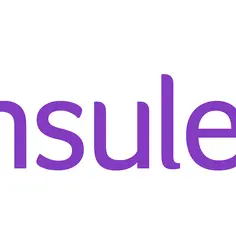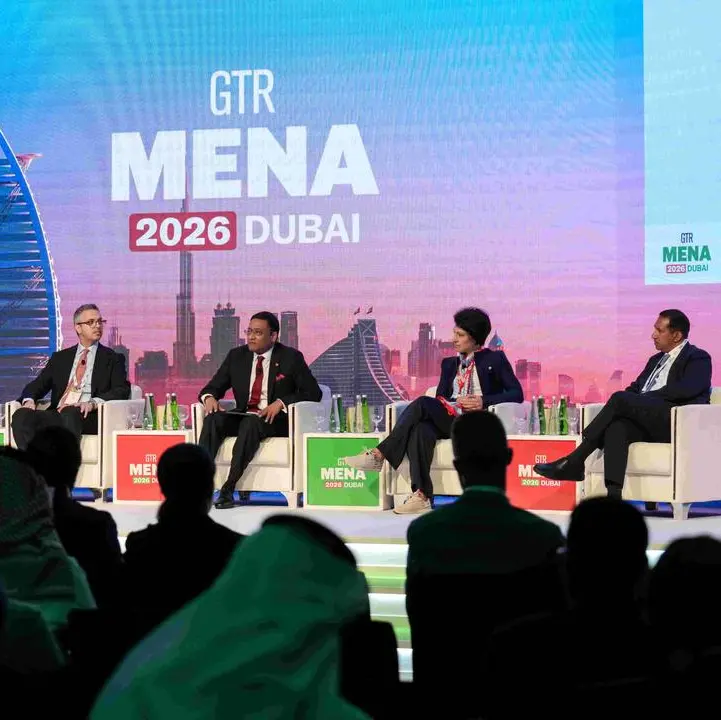PHOTO
Dubai, UAE - Ramadan is the most sacred month of the year for Muslims, and is a period during which Muslims fast every day from dawn to sunset. It is also a period during which consumers spend more money on regular household items such as food, drinks, and groceries. According to the 2016/2017 YouGov research, 53% of customers in the UAE, KSA & Egypt were reported to have increased their overall spending during the month of Ramadan. The industries benefitting the most include FMCG, Entertainment, and Travel & Tourism.
Traditionally brands would push TV advertising heavily during Ramadan, but the evolution of online advertising has disrupted this pattern. Consumer behaviour shifts during Ramadan with a significant increase in time spent online. With online advertising investment reaching an all-time high, it is important that brands tailor their digital strategy this year to better address their customers' needs.
Below are a few tips from Naguib Toihiri, Head of Marketing at RBBi on how brands can run impactful campaigns. This includes:
- Empathizing with users by localising content
Arabic is the 4th most used language online and it’s one of the 10 most searched languages globally. When it comes to e-commerce, users prefer purchasing in their native languages. Unfortunately, Arabic represents less than 1% of the content published online, creating a gap with the user’s expectations.
Brands must localise their content by using formal Arabic or choose the appropriate dialect.
One way to localise content is to ensure high-quality translation from native speakers that fits the cultural context of Arabic users. For example, the word “tomato” can be localised in four different versions for the UAE (), Lebanon (), Egypt () and Morocco ().
With more than 173 million Arabic users online, brands can have a competitive advantage in the region by localising their content.
- Increasing visibility by optimising a website for mobile use
Mobile devices have a very high penetration rate across the Gulf States. 77% of the Gulf Cooperation Council (GCC) states’ population are mobile users.
According to Google, during the month of Ramadan mobile searches account to approximately 5% more than the average mobile search conducted across other months. This means ensuring websites are mobile friendly is even more important in this region.
One way to optimise websites for mobile is to improve the page load time by reducing the size of the website images. A mobile-friendly website offers a better user experience and will allow users to engage more with the content.
- Maximising user engagement through quality video content
Consumers watch a wide range of content during Ramadan, especially around entertainment, food and lifestyle.
Moreover, working hours are shorter during Ramadan, so users spend more time online watching videos. YouTube studies in Saudi Arabia report an increase in viewership during Ramadan (by 6% in daily watch time), while TV experiences an overall drop (by -37% in daily watch time).
Ramadan represents a real opportunity for marketers to engage with their customers in the region.
One way to optimise video content online is to provide quality content that engages a user. Instead of placing increased focus on brand promotion, it is important that more focus is placed on providing relevant information that adds value (e.g. recipes, culinary skills and cooking tips for FMCGs).
The use of rich content such as video is an opportunity for brands to improve engagement during the holy month of Ramadan.
© Press Release 2018Disclaimer: The contents of this press release was provided from an external third party provider. This website is not responsible for, and does not control, such external content. This content is provided on an “as is” and “as available” basis and has not been edited in any way. Neither this website nor our affiliates guarantee the accuracy of or endorse the views or opinions expressed in this press release.
The press release is provided for informational purposes only. The content does not provide tax, legal or investment advice or opinion regarding the suitability, value or profitability of any particular security, portfolio or investment strategy. Neither this website nor our affiliates shall be liable for any errors or inaccuracies in the content, or for any actions taken by you in reliance thereon. You expressly agree that your use of the information within this article is at your sole risk.
To the fullest extent permitted by applicable law, this website, its parent company, its subsidiaries, its affiliates and the respective shareholders, directors, officers, employees, agents, advertisers, content providers and licensors will not be liable (jointly or severally) to you for any direct, indirect, consequential, special, incidental, punitive or exemplary damages, including without limitation, lost profits, lost savings and lost revenues, whether in negligence, tort, contract or any other theory of liability, even if the parties have been advised of the possibility or could have foreseen any such damages.




















